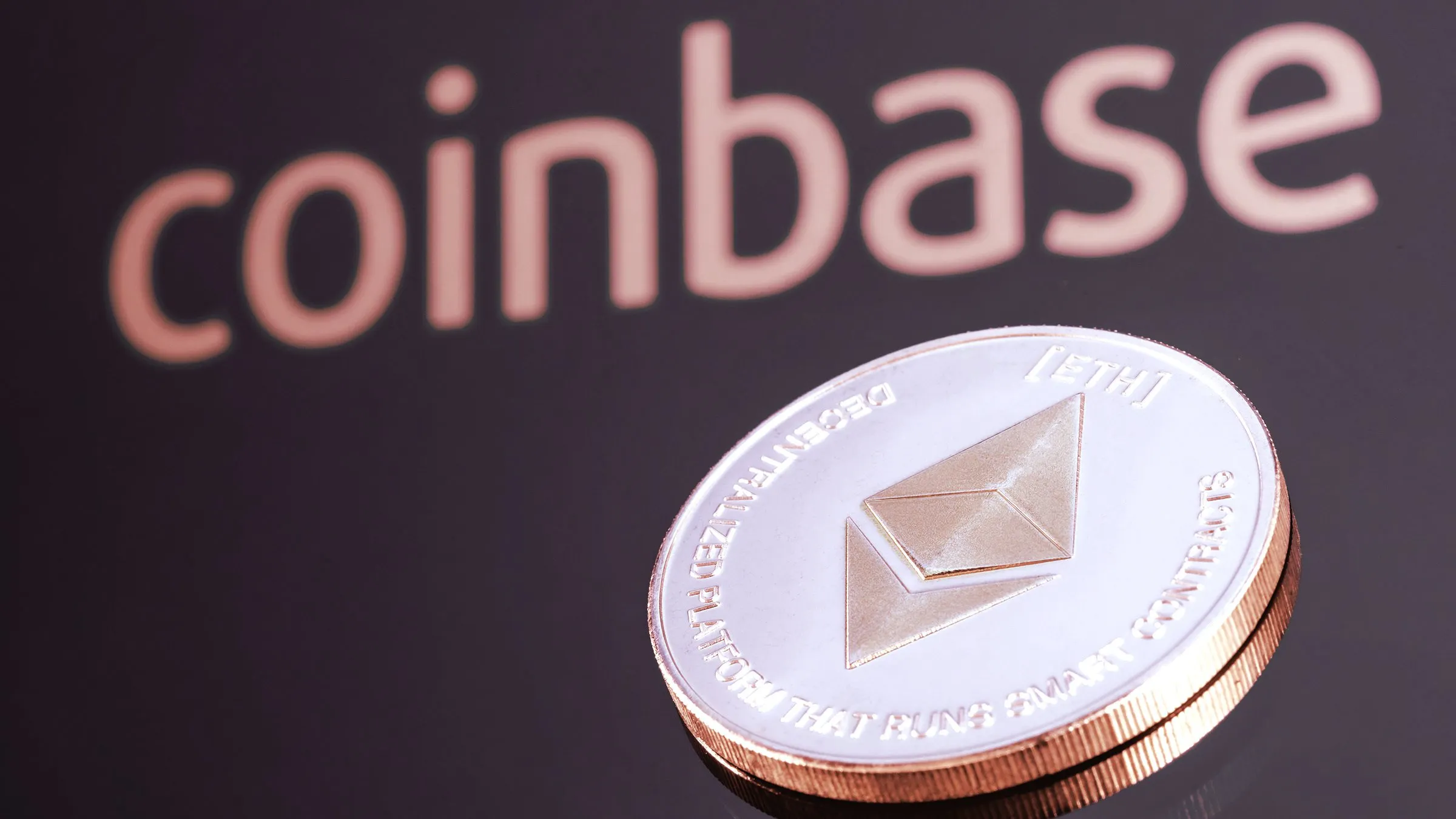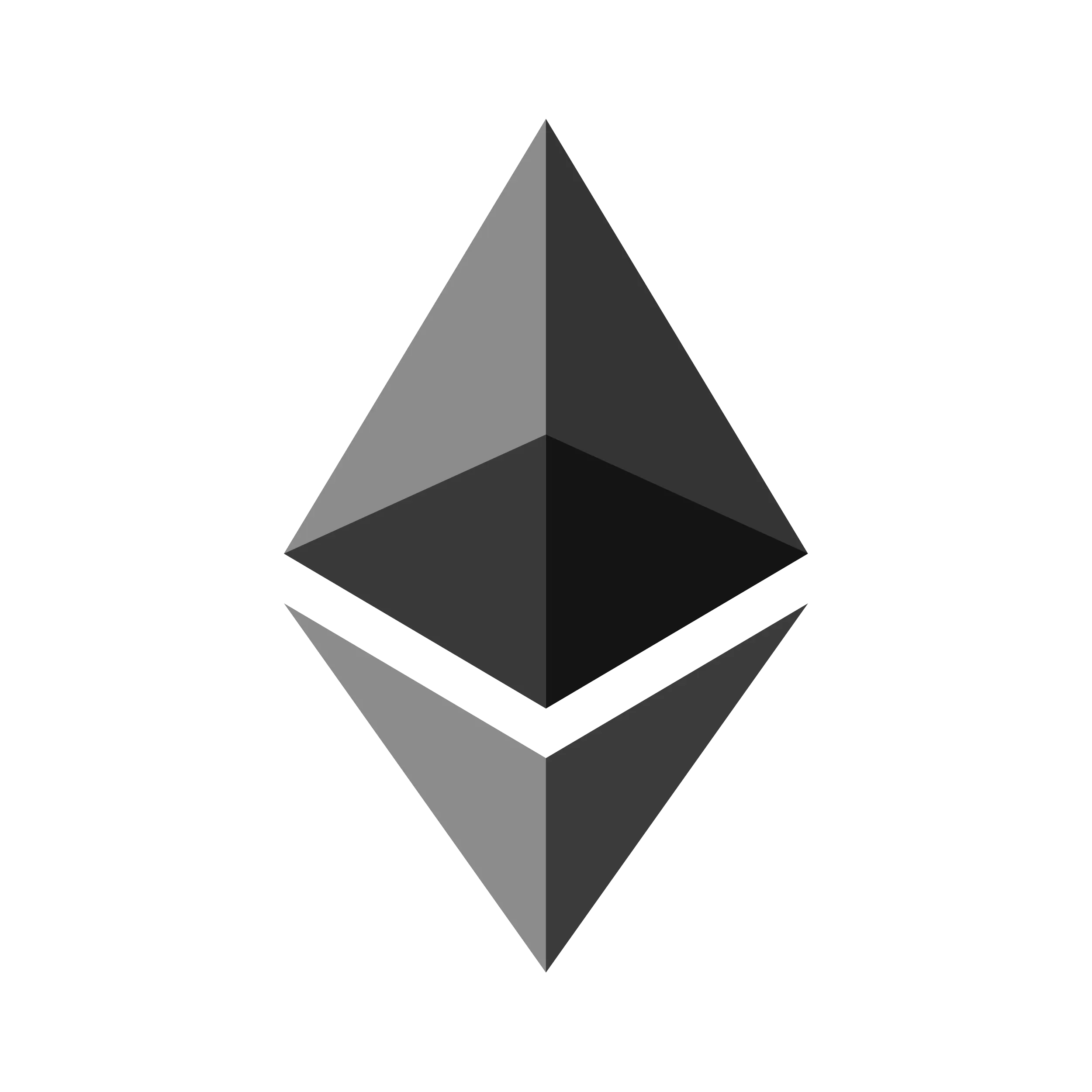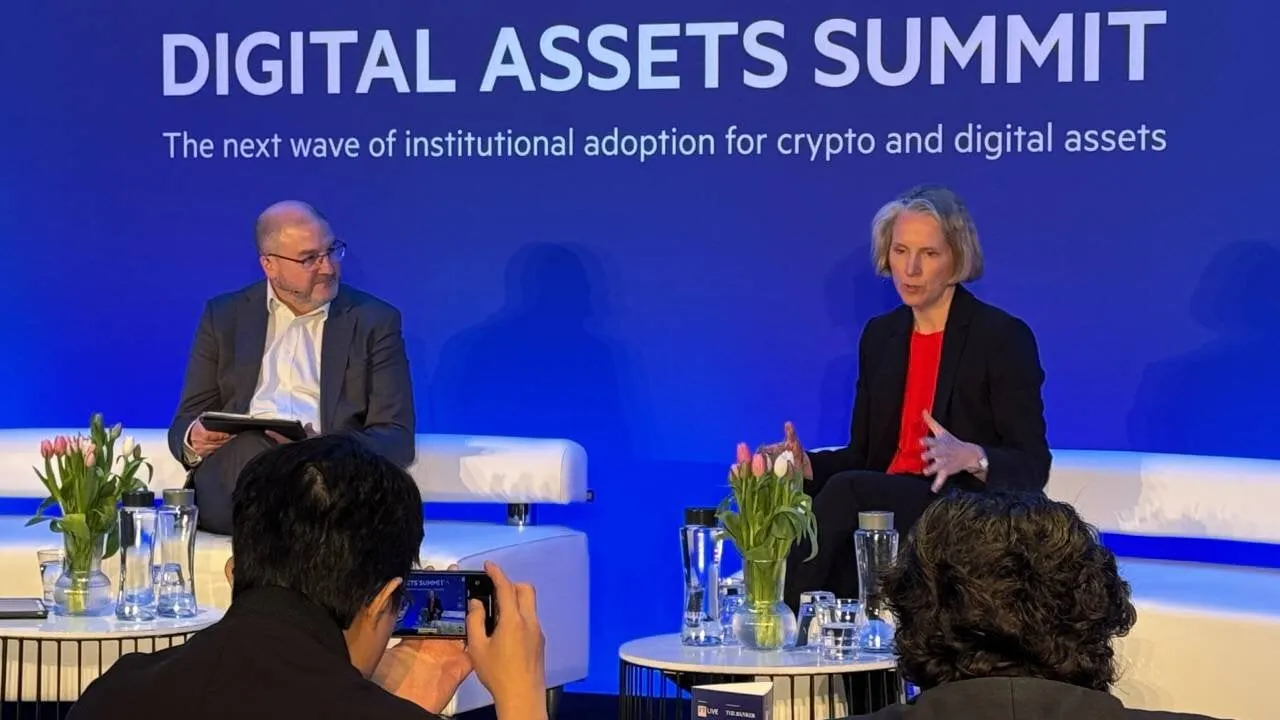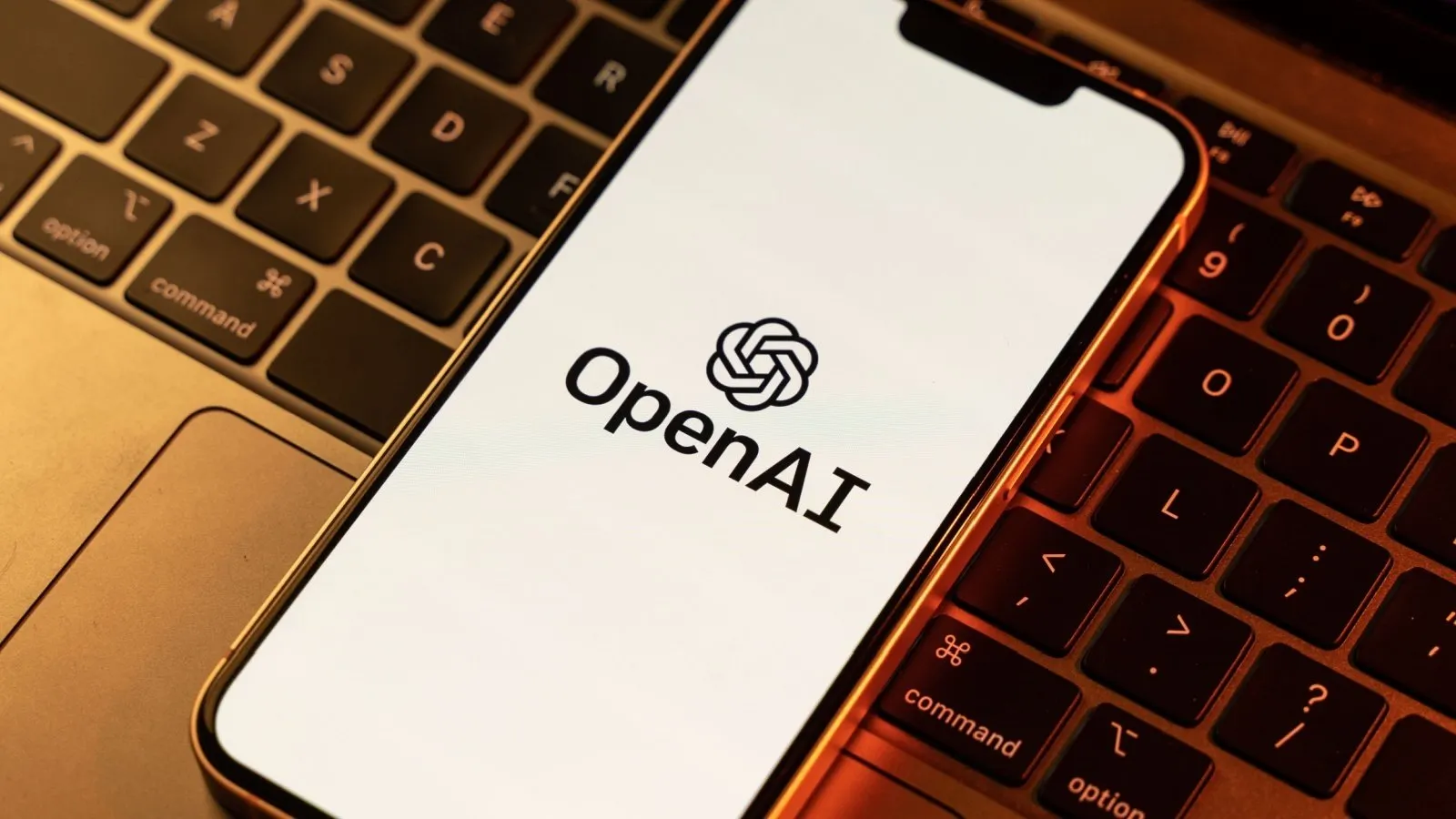Coinbase today told users that it is updating the terms and conditions of its staking service—one month after U.S. regulators cracked down on similar products.
America’s biggest cryptocurrency exchange said in an email to customers on Friday that staking will continue and emphasized that clients will earn rewards through protocols and not Coinbase itself—which is a particular point of contention among U.S. regulators like the SEC.
Staking is the process of “locking-up” cryptocurrency to keep a blockchain’s network running. Proof-of-stake assets—such as Ethereum, Cardano, and Solana—require people to pledge the blockchain’s native cryptocurrency to the network and earn rewards for doing so.
It can be a complicated process to do it yourself, so exchanges like Coinbase offer to do the process for their clients.
“Coinbase acts only as a service provider connecting you, the validators, and the protocol,” the company said today, adding that there will also be a “transparent Coinbase fee.” The biggest change, however, is that users must now unstake certain assets before selling or transferring them, which brings Coinbase’s service more in line with the kinds of staking services that exist on blockchain networks natively.
The assets that must now be unstaked on Coinbase are Solana (SOL), Cosmos (ATOM), Cardano (ADA), and Tezos (XTZ). Up to now, users who hold Solana on Coinbase, for instance, earn staking rewards passively without the need to opt into the service, and can transfer and sell those assets whenever they wish. But that is changing.
Coinbase now cautions that any asset staked on its platform may take between a “few hours or a few weeks” before it can be unstaked and then moved or sold. “The time required is due to protocol rules and Coinbase’s processing time,” the email to customers read.

Are Regulators Taking Aim at Crypto Staking? Rumors Suggest New SEC Scrutiny
As U.S. regulators continue to tighten their reigns on crypto, rumors are swirling that the next target could be the practice of cryptocurrency staking. “We’re hearing rumors that the SEC would like to get rid of crypto staking in the U.S. for retail customers,” Coinbase co-founder and CEO Brian Armstrong tweeted Wednesday. “I hope that’s not the case as I believe it would be a terrible path for the U.S. if that was allowed to happen.” 1/ We're hearing rumors that the SEC would like to get rid...
The update to Coinbase’s terms comes after the U.S. Securities and Exchange Commission last month fined Kraken—another popular American digital asset exchange—$30 million because its staking product allegedly violated securities laws.
The SEC said that Kraken had failed to register the offer and sale of their crypto asset staking-as-a-service program. The regulator also ordered the exchange to halt its staking service for U.S. customers.
Kraken agreed to pay the fine but said it would still offer staking services for non-U.S. clients through a separate Kraken subsidiary.
According to the SEC, staking services may run afoul of federal securities laws in the U.S. when exchanges make themselves too much of an intermediary by determining the returns its customers would receive, instead of strictly the protocol.
“Defendants determine these returns, not the underlying blockchain protocols, and the returns are not necessarily dependent on the actual returns that Kraken receives from staking,” the SEC said last month in its complaint against the San Francisco-based exchange.





